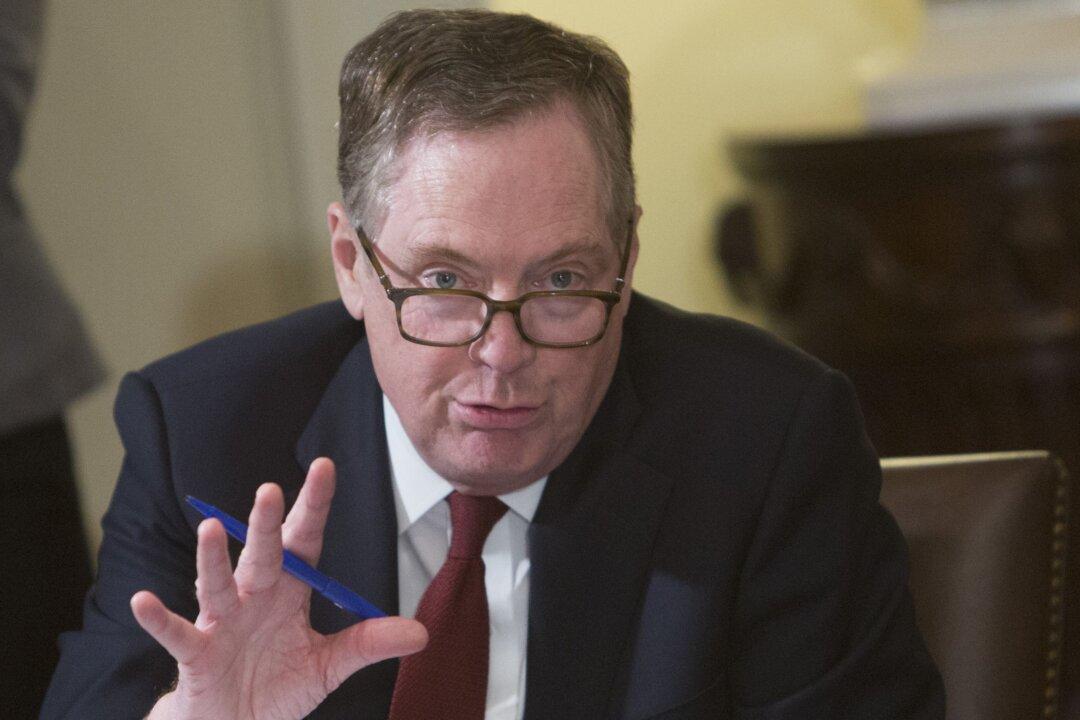The Trump administration placed three dozen countries on an annual list of trading partners that “present the most significant concerns” regarding the lack of intellectual property (IP) rights protections.
Among the worst, placed on the “Priority Watch List,” are Algeria, Argentina, Chile, China, India, Indonesia, Kuwait, Russia, Saudi Arabia, Ukraine, and Venezuela, according to a 2019 report by the Office of the United States Trade Representative (USTR), an agency that represents the United States in foreign trade talks.





